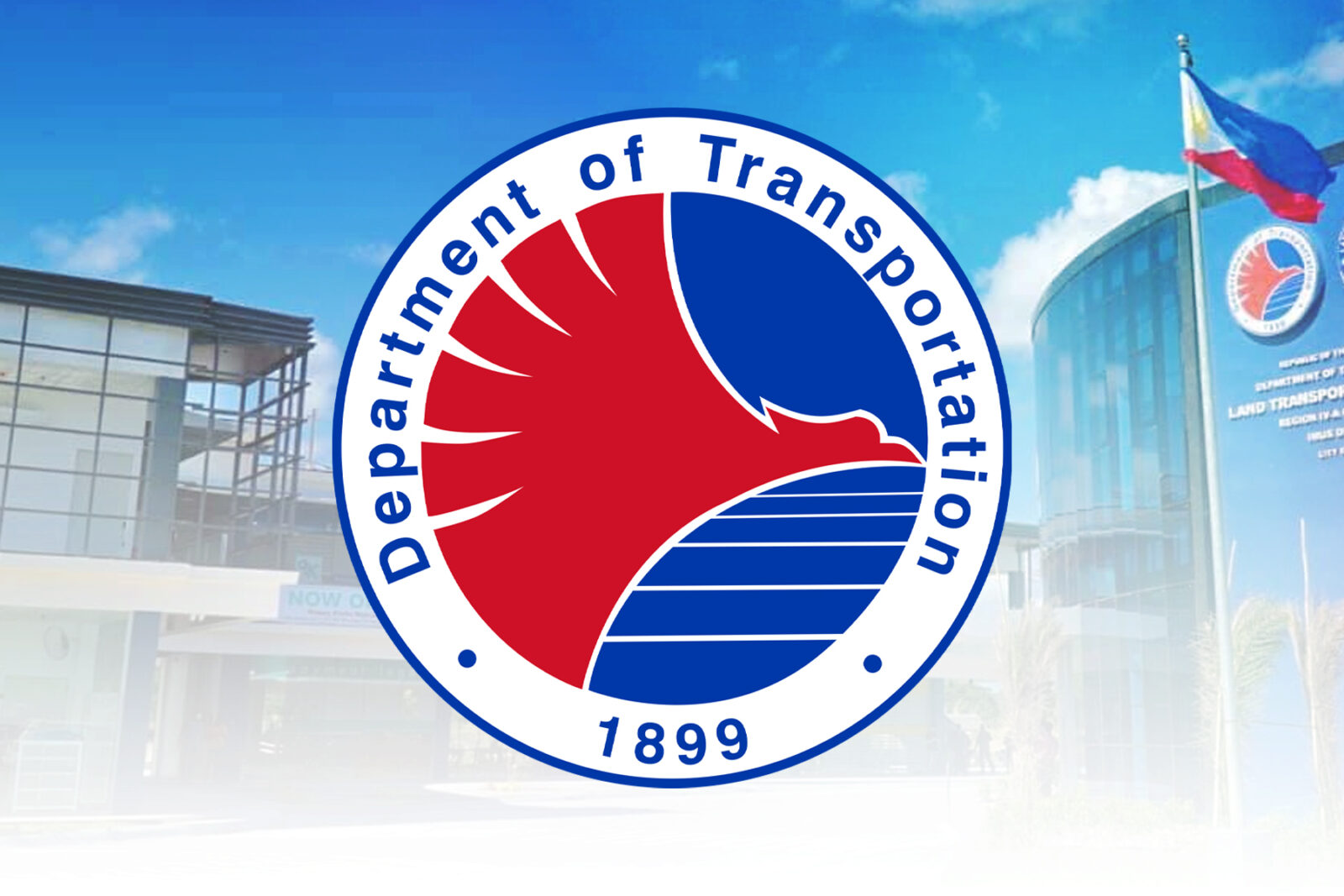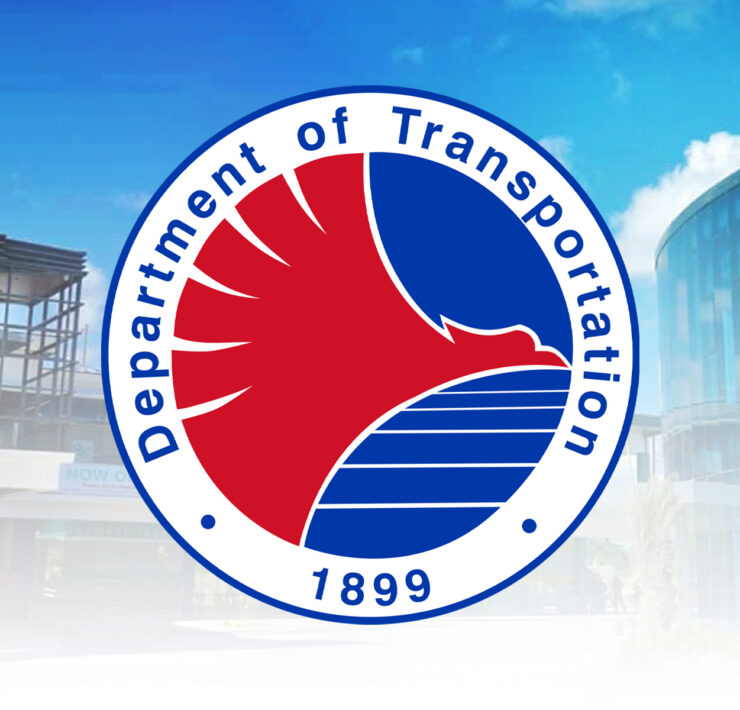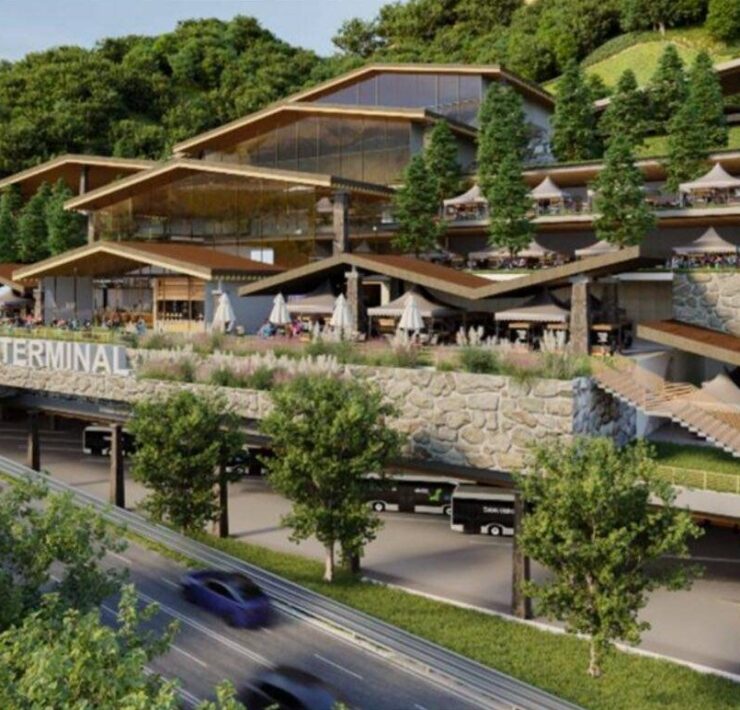28 Japanese firms vie for railway deal

Twenty-eight Japanese firms have shown interest in bidding for the contract to operate and maintain the North-South Commuter Railway System, the Department of Transportation (DOTr) said.
During the last leg of the government’s market sounding activity in Japan, DOTr undersecretary for railways Timothy John Batan said the project was warmly received by several firms, including big names in the industry, such as Mitsubishi Corp., Hitachi Ltd., Tokyo Metro, Sumitomo Corp. and Alstom Japan.
“We’re very happy to see the attendance in this fourth leg of our O&M roadshow. It only goes to show that we are in the right direction in terms of structuring and developing this O&M concession,” Batan said in a statement on Wednesday night.
“Parties will only attend and continue participating if they see that it’s a good project being put out together,” he added.
This came as President Ferdinand Marcos Jr. gave the green light in July for a public-private partnership undertaking for the O&M of the 147-kilometer elevated railway line.
In this venture, Mr. Marcos likewise mandated the DOTr to pursue potential partnerships with “experienced railway” foreign firms.
The cost of the contract is pegged at P229.32 billion.
Late in August, the agency also reported that some French companies had expressed interest in joining the bidding. The market sounding was also launched in Singapore and Manila, aside from Japan and France.
According to Batan, the department will now consolidate the feedback from these firms and ensure they are considered in crafting the bidding documents and concession agreement.
They plan to release them within the year.
“We will reflect those in our bidding documents, our concession agreement, so by the end of September or first week of October we will be able to officially launch and publish the tender for this O&M concession,” he said.
The massive railway project is designed to ease travel across three regions: Central Luzon, Metro Manila and Calabarzon (Cavite, Laguna, Batangas, Rizal and Quezon).
For instance, travel time from Clark to Calamba would be cut to about three hours via commuter service from the usual four hours. Using the limited express service, the trip will be faster by two hours.
It will have 35 stations, including 31 elevated, three at-grade and one underground. Depots will be located in Clark, Valenzuela and Calamba to support maintenance and operations.
The government hopes to make the full line operational by 2032, with preoperations slated by March 2026.
It is expected to accommodate one million commuters daily.





















